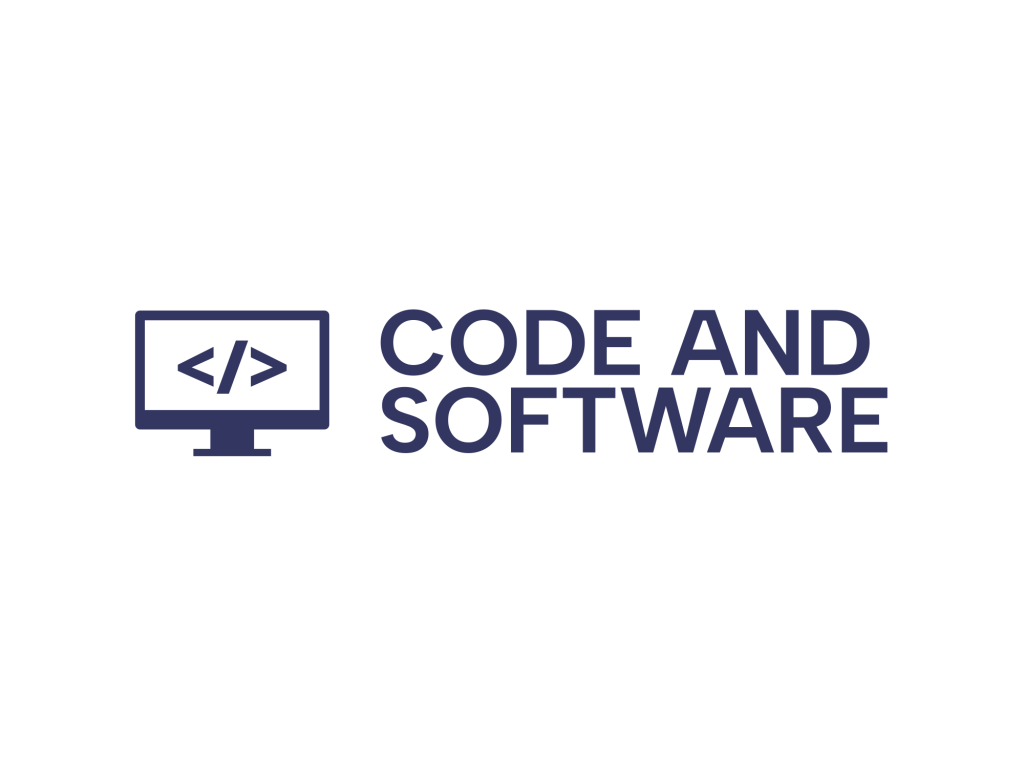Working with a team on a coding project? Then you need a way to manage your code, track changes, and collaborate smoothly. That’s where version control tools come in. These tools let developers work together without stepping on each other’s toes. Plus, they keep a full history of every change so you can go back in time if something breaks.
Let’s break down the best version control tools out there. We’ll keep it simple, fun, and easy to follow. Ready? Let’s go!
Why Do You Need Version Control?
- Undo Mistakes: Made a mistake? Go back in time.
- Team Collaboration: Work together without chaos.
- Track Changes: See who changed what and why.
- Improve Workflow: Branch out, test features, then merge.
Whether it’s a small script or a massive codebase, version control keeps everything organized.
The Champions of Version Control
Here’s our list of the top tools you should consider. Not only are they powerful, but they’re also fun (well, sort of) once you get the hang of them.
1. Git
The king of version control.
- Type: Distributed
- Great For: Projects of all sizes
- Popular With: Open source developers, software teams, even solo coders
Git is fast, reliable, and lets you create branches to test new features. Merge them back when they’re good to go. You’ll often use Git with hosting services like GitHub, GitLab, or Bitbucket.
But there is a curve to climb. The commands may confuse beginners. Still, once you master it, you’ll feel like a code wizard.
2. GitHub
More than a code host—it’s a community.
- Built On: Git
- Great For: Collaboration, open source, social coding
- Cool Features: Pull requests, code reviews, GitHub Actions
Technically, it’s not a version control system by itself. But GitHub makes working with Git so much easier. Share code, open issues, and even automate tests with GitHub Actions.
It also supports Markdown, so your documentation can look clean and cool. Plus, who doesn’t like stars and forks?
3. GitLab
Git, but turbocharged for DevOps.
- Also Built On: Git
- Great For: Enterprises, CI/CD pipelines
- Extra Powers: Built-in CI/CD, issue tracking, project planning tools
Want a version control system and a full DevOps platform in one? GitLab is your pick. Run your entire software life cycle in one place. Code, test, deploy—all integrated.
Some teams even self-host GitLab for more control and security. It’s like having your own private GitHub with extra tools.
4. Bitbucket
Powerful collaboration, by Atlassian.
- Based On: Git and Mercurial (before 2020)
- Great With: Jira integration, enterprise workflows
Bitbucket is Git’s buddy, especially if you already use Atlassian tools like Jira or Trello. It lets you do code management and project tracking in one dashboard.
Many large companies love it for its security, control, and integrations. Plus, it allows private repositories in its free plan—nice!

5. Subversion (SVN)
The old-school veteran.
- Type: Centralized
- Best For: Teams with strict control and single source of truth
SVN has been around a long time. And guess what? Some big companies and legacy projects still use it.
Unlike Git, there’s one central repository. Everyone pulls and pushes to the same location. It’s simpler in some ways, though less flexible when it comes to branching and offline work.
If consistency and simplicity matter most to your team, SVN gets the job done.
6. Mercurial
A simpler Git alternative.
- Type: Distributed
- Known For: Fast performance and ease of use
Mercurial (hg) is similar to Git but designed to be easier to understand. Some say it’s tidier and more intuitive out of the box.
The downside? It’s not as popular. That means fewer resources, plugins, and community support. Still, if you’re into simplicity, it’s worth a look.
7. Perforce (Helix Core)
Built for massive codebases.
- Type: Centralized
- Best For: Gaming companies, enterprises with huge projects
If you’re dealing with millions of lines of code (or huge binary files), Perforce is your friend. It’s known for speed—especially when handling giant datasets.
Game developers swear by it. It’s also very secure with lots of enterprise-level permissions. The learning curve is steep, but the power is real.
Image not found in postmetaComparison Table
| Tool | Type | Best For | Ease of Use |
|---|---|---|---|
| Git | Distributed | All types of projects | Medium |
| GitHub | Git-based | Open-source, collaboration | High |
| GitLab | Git-based | CI/CD, DevOps | Medium |
| Bitbucket | Git-based | Jira workflow | High |
| SVN | Centralized | Controlled environments | High |
| Mercurial | Distributed | Simpler Git alternative | High |
| Perforce | Centralized | Enterprise, large files | Low |
So, Which One Should You Pick?
That depends on your team and project.
- Solo or small team? Git + GitHub is your best bet.
- Want built-in DevOps? Try GitLab.
- Already using Jira? Go with Bitbucket.
- Need strong control? SVN might be good for you.
- Big team with big files? Choose Perforce.
Don’t stress too much. You can always switch tools later (though it takes work). The most important thing is to start using

